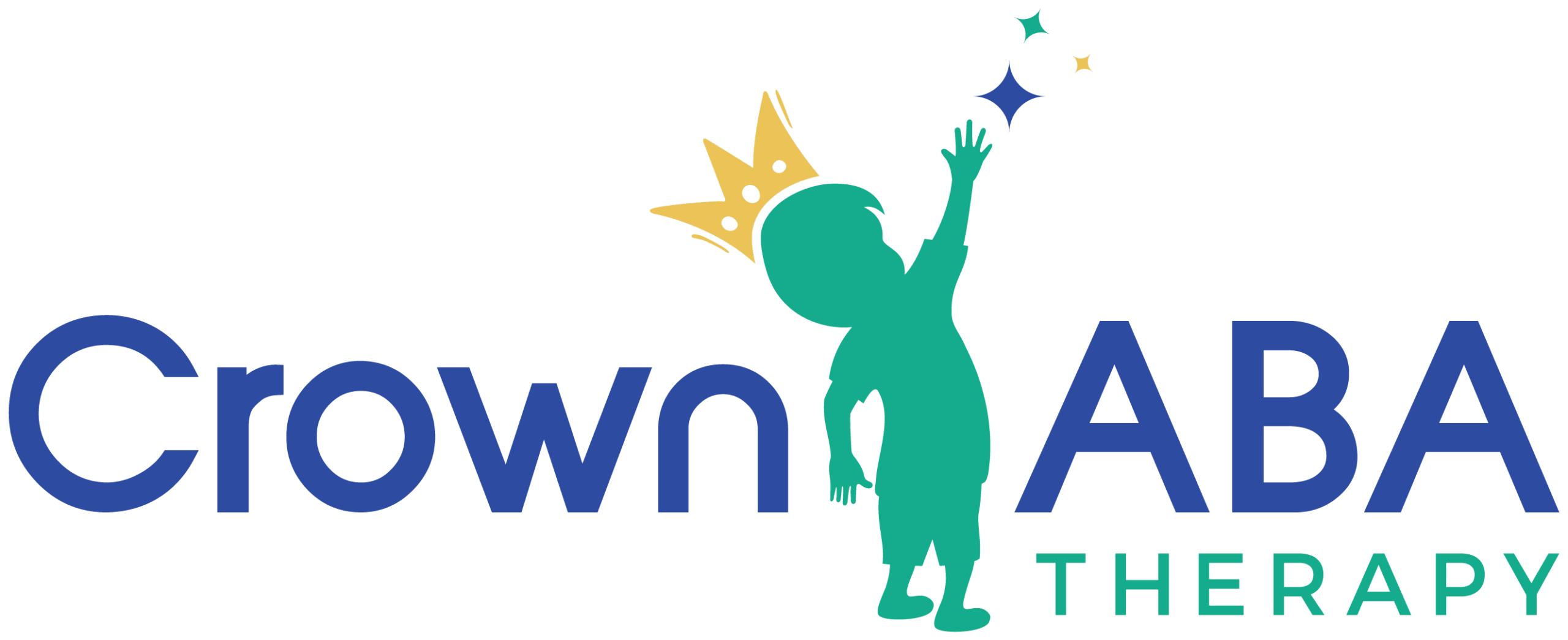Key Points:
- Melatonin is commonly used to support sleep in children with autism, but it may come with side effects worth monitoring.
- Side effects can include daytime drowsiness, mood changes, and hormonal impacts, especially with long-term use or incorrect dosing.
- Understanding how melatonin works, its safe use, and how it complements behavioral therapies is essential for informed parental decisions.
Sleep issues are one of the most common concerns for parents of children with autism. Many children on the spectrum have difficulty falling asleep, staying asleep, or waking up too early. Melatonin, a naturally occurring hormone that regulates sleep-wake cycles, is often recommended as a supplement to help with these challenges. However, parents often ask about melatonin autism side effects, and that’s an important question.
Is Melatonin Safe for Children With Autism?
Yes. When used in proper doses and under medical supervision, melatonin is generally considered safe, though side effects can occur, especially with long-term use.
What Is Melatonin and Why Is It Used for Autism?
Melatonin is a hormone naturally produced by the pineal gland in the brain. It helps signal the body when it’s time to sleep, based on changes in light and darkness. For children with autism spectrum disorder (ASD), sleep disruptions are frequent due to sensory sensitivities, anxiety, or irregular circadian rhythms.
Supplementing melatonin can help correct or reinforce a more typical sleep-wake pattern. Many studies have shown that melatonin can reduce the time it takes to fall asleep, improve total sleep duration, and reduce night wakings in children with autism. It’s available over-the-counter in various forms, such as tablets, gummies, or liquid, which makes it convenient but also raises concerns about self-dosing without professional guidance.
Despite its natural origins, melatonin is still a hormone, and using it improperly or without understanding potential side effects can cause unintended consequences. That’s why learning about melatonin autism side effects is essential for every caregiver considering it as part of their child’s support plan.
What Are the Common Side Effects of Melatonin in Children With Autism?
Melatonin is generally well-tolerated, but side effects can and do occur. These may vary depending on dosage, duration of use, individual metabolism, and whether the child has other health conditions or takes medications. Here are the most commonly reported issues.
1. Daytime Drowsiness or Fatigue
Some children may feel groggy the next morning after taking melatonin, especially if the dose is too high or given too late. This drowsiness can disrupt morning routines, school, or therapy. Adjusting the timing or lowering the dose usually helps lessen this side effect.
2. Mood Changes or Irritability
Melatonin is often used to aid sleep but can sometimes impact mood. Some parents have noticed increased irritability, anxiety, or emotional sensitivity in their children. These side effects usually improve or go away after lowering the dose or stopping melatonin.
3. Headaches or Dizziness
Some children taking melatonin may occasionally experience headaches or dizziness, possibly due to sleep pattern changes or medication interactions. It’s important to report any new symptoms to a healthcare provider.
4. Hormonal Effects (with Long-Term Use)
Melatonin is a hormone, so long-term use may impact hormonal development, especially in pre-teens and adolescents. Research is ongoing to determine if extended use could delay puberty or affect reproductive hormones. Using melatonin under medical supervision helps minimize these risks.
How Much Melatonin Is Safe for a Child With Autism?
Dosage matters greatly when it comes to melatonin. Too little may be ineffective, while too much can trigger unwanted side effects. The appropriate dose also depends on the child’s age, weight, and overall health. Here’s a general guideline to consider.

Always start with the lowest effective dose and observe how your child responds. If results aren’t seen within a week or two, consult a pediatrician or sleep specialist before increasing the dose. Timing is also key—melatonin is usually most effective when taken 30 to 60 minutes before bedtime.
Avoid using melatonin as a daily long-term solution unless recommended by a healthcare provider. Periodic breaks or reassessment can help ensure it remains safe and beneficial. For those exploring other supportive options, check out our article “Which Magnesium is Best for Autism: Benefits & Dosage” to learn how magnesium might help and the right way to use it.
How Can You Tell If Melatonin Is the Right Choice?
While melatonin may offer meaningful sleep benefits, it’s not suitable for every child with autism. Monitoring outcomes and staying informed can help you decide whether melatonin is right for your child. Ask yourself these important questions:
- Is my child having trouble falling or staying asleep on a regular basis?
- Have we already tried adjusting bedtime routines, lighting, or screen time without success?
- Is there a professional (e.g., pediatrician or developmental specialist) guiding this supplement plan?
- Are we tracking side effects and overall behavior changes since starting melatonin?
It’s helpful to keep a sleep diary or log any new symptoms to identify patterns and determine if the supplement is helping or causing unwanted effects.
Can Melatonin Be Used Alongside Behavioral Therapies?
Yes. Melatonin is most effective when used in combination with behavioral and environmental strategies that promote better sleep habits. While it may help regulate sleep, it doesn’t address behavioral or developmental challenges that are central to autism.
This is where therapies like Applied Behavior Analysis (ABA) come into play. ABA therapy focuses on improving daily functioning, communication, and emotional regulation. When a child sleeps better, they may be more receptive to learning and participating in therapy sessions. Likewise, behavioral therapy can help reduce bedtime resistance and anxiety that interfere with sleep, creating a helpful feedback loop.
 Support Beyond Sleep: ABA Therapy Can Help Your Child Thrive
Support Beyond Sleep: ABA Therapy Can Help Your Child Thrive
Melatonin can support sleep, but true growth in communication, behavior, and independence happens through evidence-based intervention. Crown ABA offers compassionate, personalized ABA therapy in Maryland, helping children with autism reach developmental milestones through structured, play-based programs.
Our experienced therapists work one-on-one with your child to build life skills, reduce challenging behaviors, and improve emotional regulation, while collaborating closely with parents every step of the way.
If your child struggles with more than just sleep, consider ABA therapy as a powerful, proven approach to unlocking their full potential. Contact us today to learn how we can support your family with expert care and personalized programs in Maryland.





